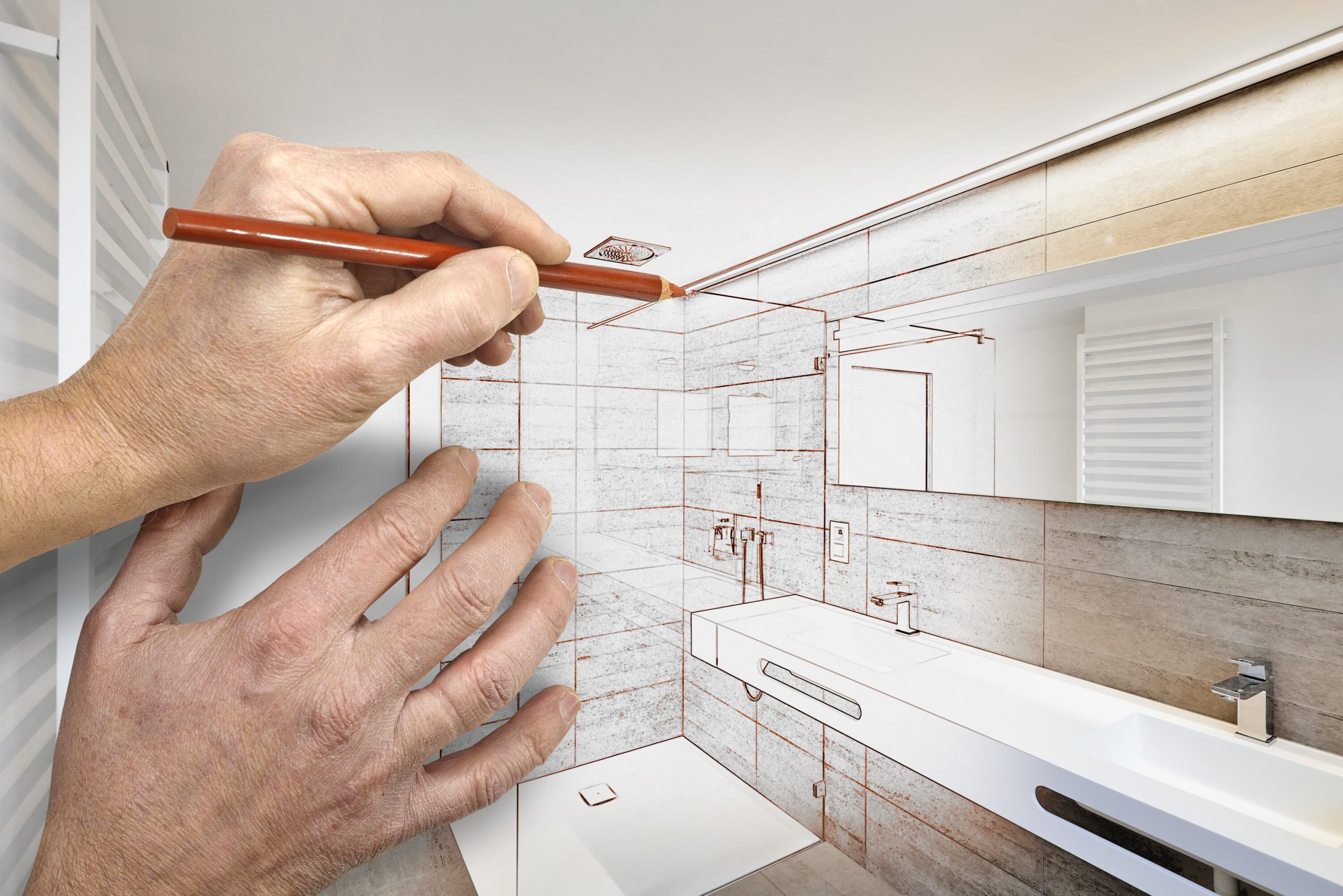
Deciding Between 14 SEER and 16 SEER
Here in the Tennessee Valley, the summers are long, hot, and humid. So when you’re purchasing a new HVAC unit for your home, you’ll want to pay particular attention to its cooling efficiency and capability. But you also want to make sure that you’re making a good investment, not wasting any of your hard-earned dollars on something that won’t pay off in the long run. For many homeowners, these concerns lead to the same question: Should I purchase a 14 SEER unit or step up to a 16 SEER unit instead?
See Also: Package Units
What Does SEER Mean?
Before we get to comparing 14 SEER and 16 SEER units, let’s talk for a second about what SEER means. SEER stands for Seasonal Energy Efficiency Ratio. The SEER rating of an HVAC unit is determined by dividing the total amount of cooling it produces in a season by the total amount of electricity needed for that cooling. The higher the rating, the more energy efficient the unit is.
Is a 14 SEER Unit Energy Efficient?
Today, the federal government mandates that all new air conditioners must be at least 14 SEER, making that the current baseline for energy efficiency. However, that doesn’t mean that 14 SEER units aren’t energy efficient. In fact, today’s basic 14 SEER unit is about 20-30% more energy efficient than average HVAC units sold fifteen years ago.
In other words, if you’re replacing an older, less-efficient HVAC, you could see a significant decrease in your energy bills with a 14 SEER unit. But it is possible to see even bigger reductions if you go with an even more efficient unit.
See Also: Make You HVAC Great Again
Potential Energy Savings with a 16 SEER Unit
So how much difference is there between the efficiency of a 14 SEER unit and the efficiency of a 16 SEER unit? According to the Kobie SEER Energy Savings Calculator, a 16 SEER unit uses about 13% less energy to produce the same amount of cooling as a 14 SEER unit of the same size. That means that for every $100 you’d pay to run your 14 SEER unit, you could save $13 by upgrading to a 16 SEER unit.
How much savings that adds up to in actual dollars depends on several factors.
- What size unit does your home need? A 3-ton HVAC unit uses less energy than a 5-ton unit, so the amount of money you could potentially save on your monthly bills will be greater with a larger unit. However, the cost of upgrading to a 16 SEER may be more with a larger unit as well.
- How much cooling do you use each year? Households in hotter climates and those that keep their thermostats set lower will use more cooling. The more cooling you use, the more money you could save every month by upgrading to a 16 SEER unit. Here in the Tennessee Valley, this is certainly a factor worth considering.
Other Differences Between 14 SEER and 16 SEER Units
In addition to the potential energy savings, there are other common differences in features between 14 SEER and 16 SEER units. However, these features do vary depending on the specific model, so check out the details of the units you’re deciding between.
- One difference that you may find between 14 SEER and 16 SEER units is that the 14 SEER units generally have a single-stage compressor while the 16 SEER units often have a two-stage compressor.
- Having a two-stage compressor allows the higher SEER unit to adapt to the conditions in your home, while a single-stage compressor either has to run at full speed or shut off completely.
- Not only does the two-stage compressor make your HVAC unit more energy-efficient, it also allows for longer run-times. That keeps the temperature in your home more consistent, improving your comfort.
- Longer run-times also have the major benefit of better reducing humidity in your home. Reduced humidity in the summer months will make you more comfortable and help to protect your home from mold and moisture damage.
- In addition to the two-stage compressor, some 16 SEER units also have two-speed condensing fans and blower motors. Having two-speed fans adds to the benefits of the two-stage compressor.
- These units are often quieter than units with single-stage compressors and single-speed fans because the compressors and fans don’t make as much noise when they’re running at a lower speed.
See Also: Humidity Control
See Also: Daikin: Our History
So Which Unit is Right for You?
Ultimately, there are a lot of factors to consider when choosing a new HVAC unit for your home. Purchase price is certainly the first and foremost one for many homeowners, and for good reason! But make sure you consider other factors as well, including your long-term energy bills and comfort. Talk to your trained Comfort Consultant about your needs and concerns so they can help you make the best choice for you and your home.


